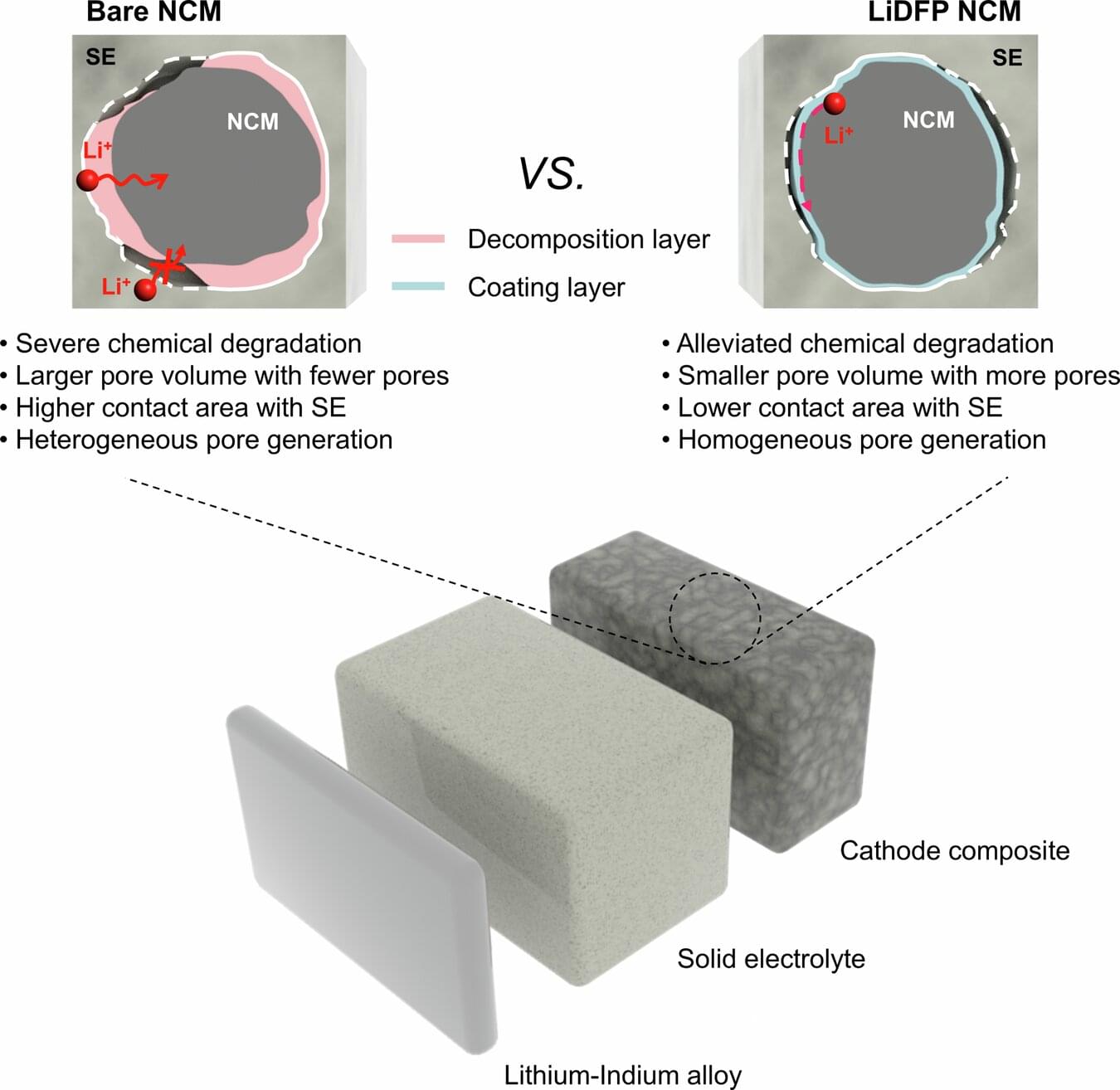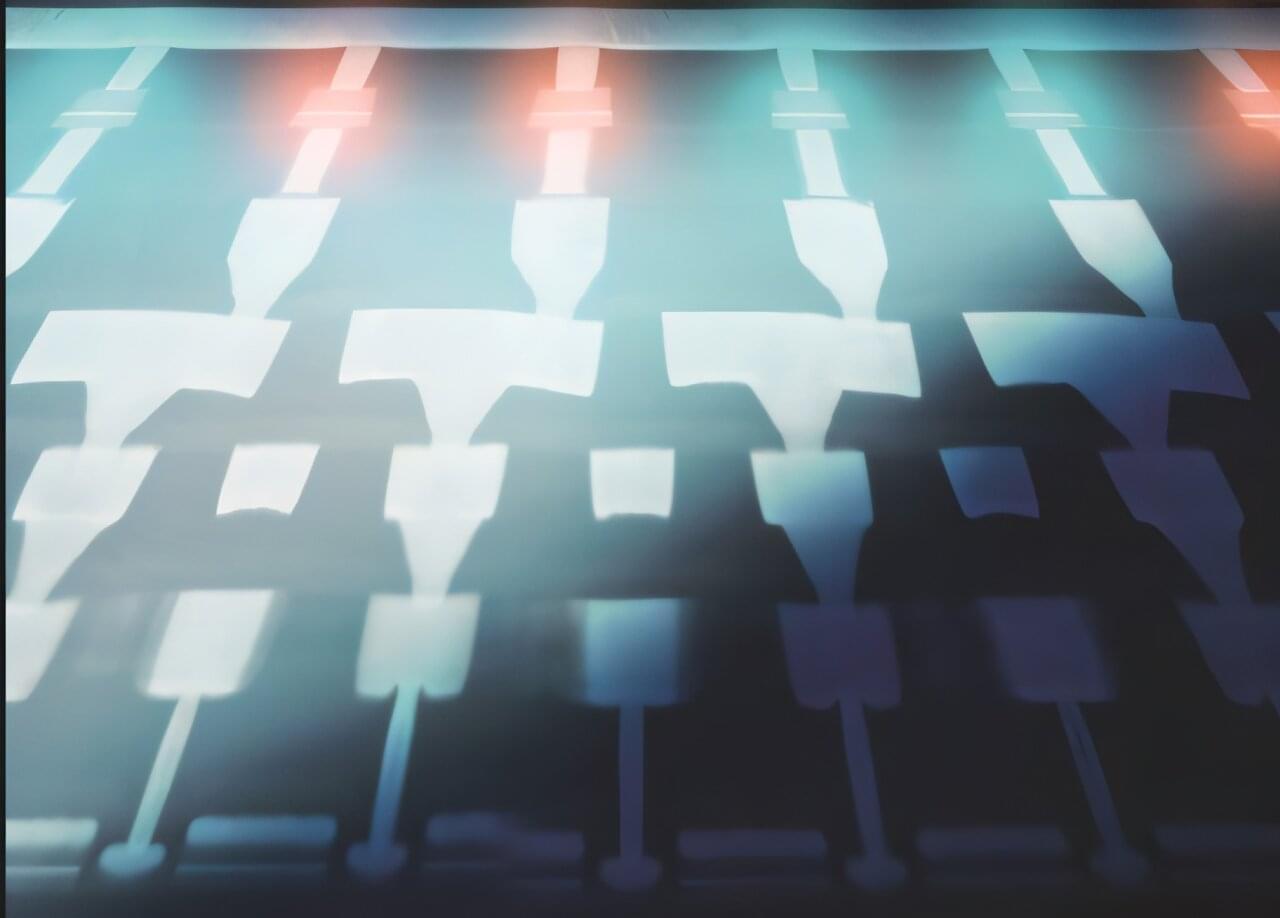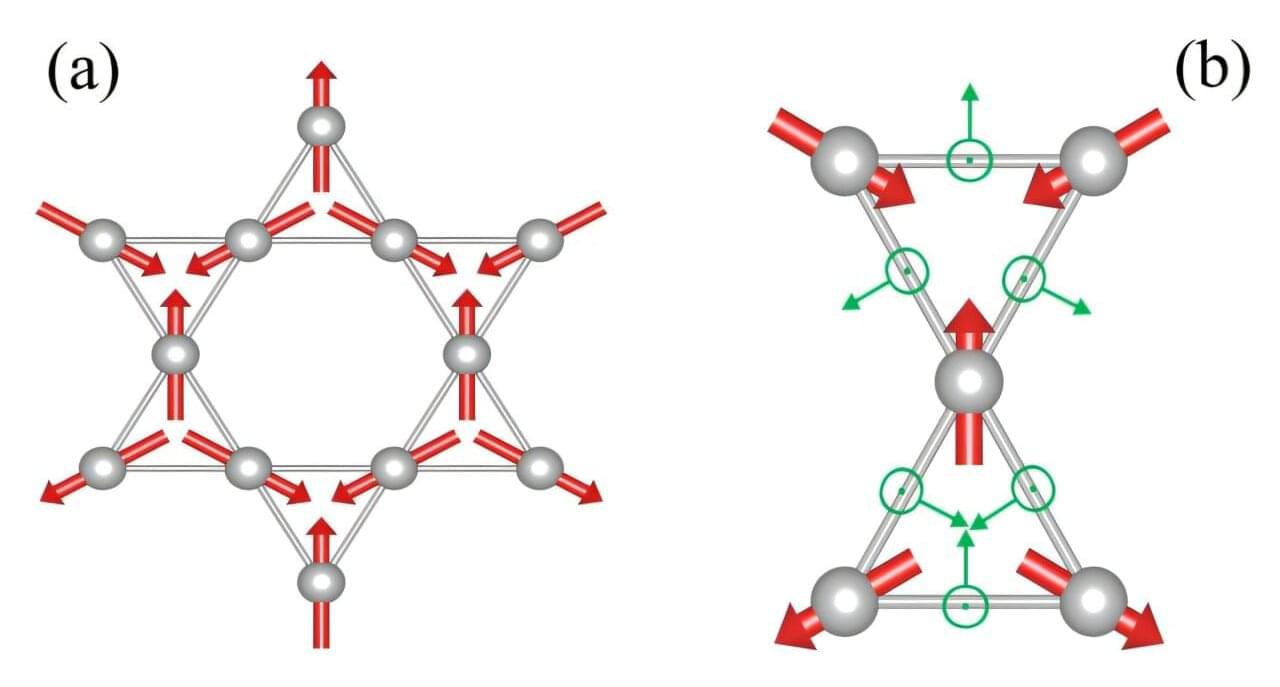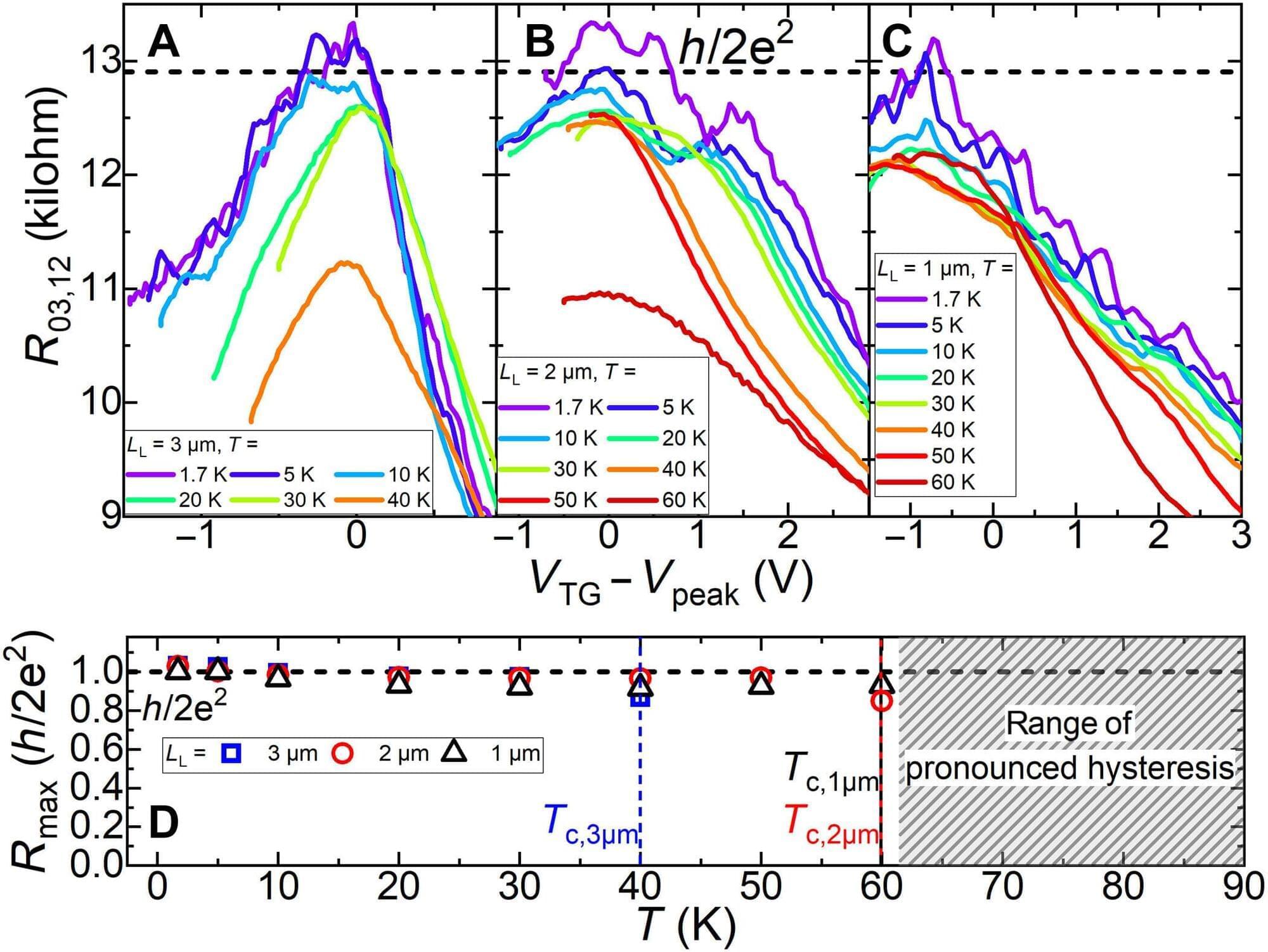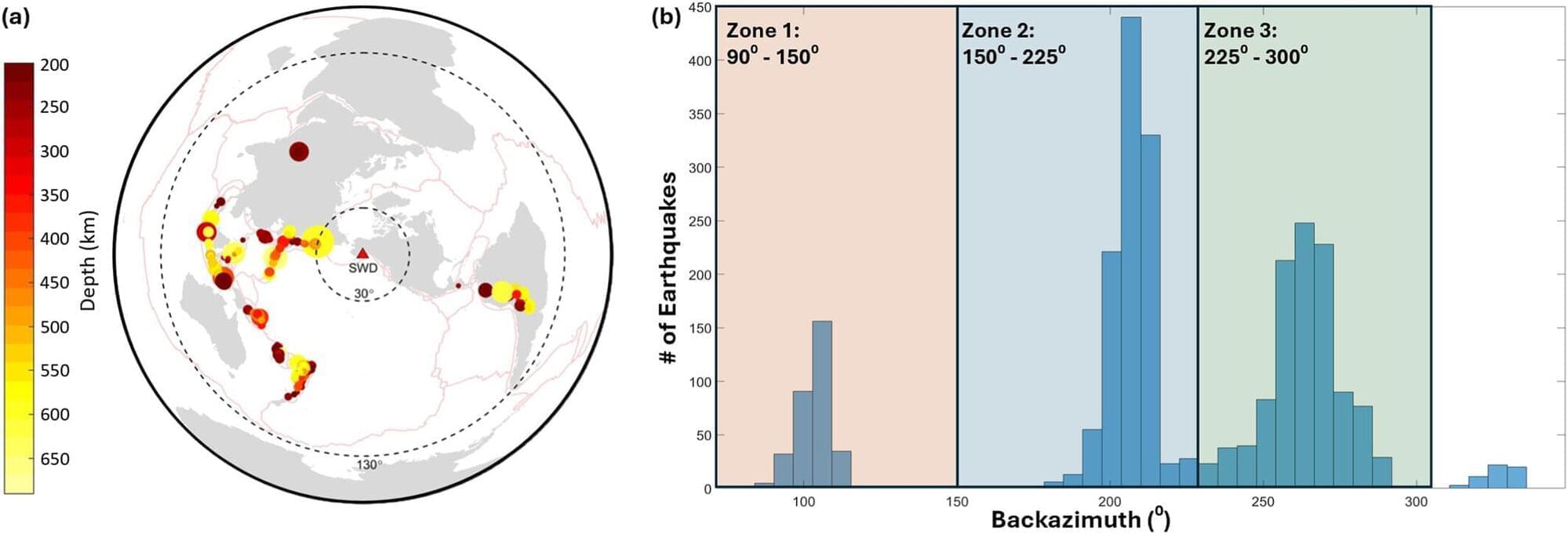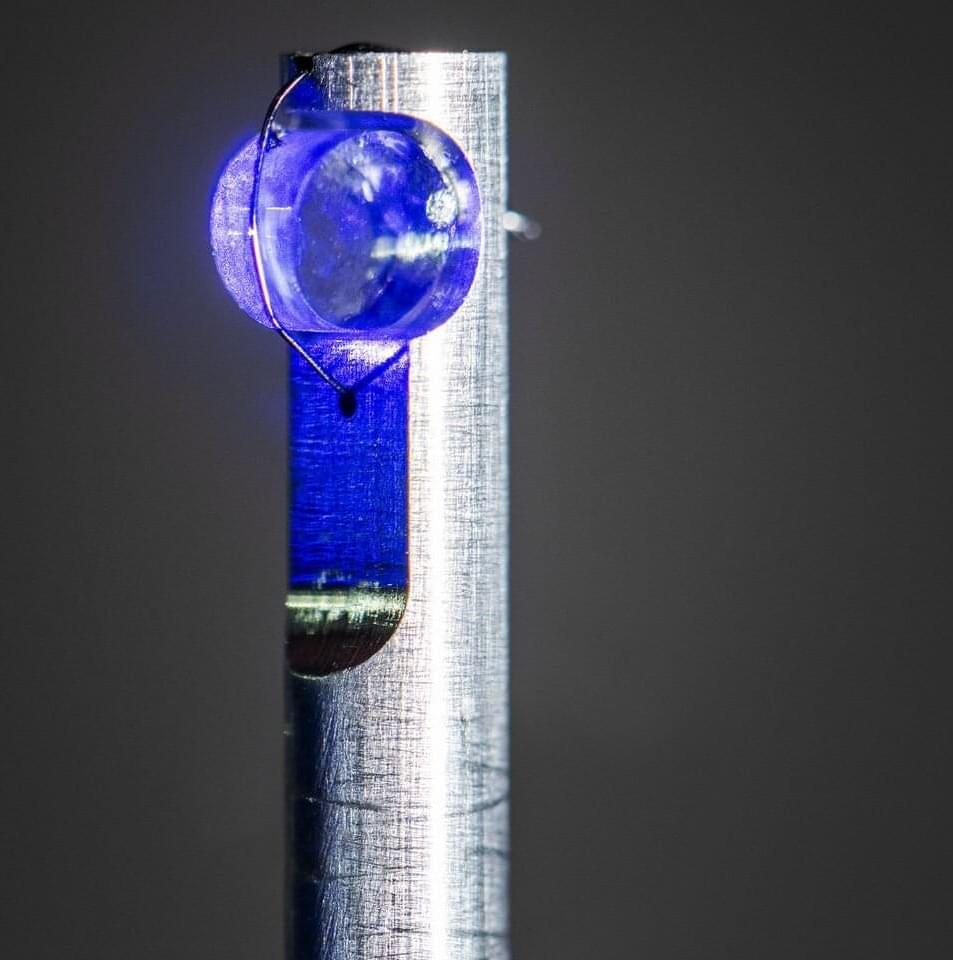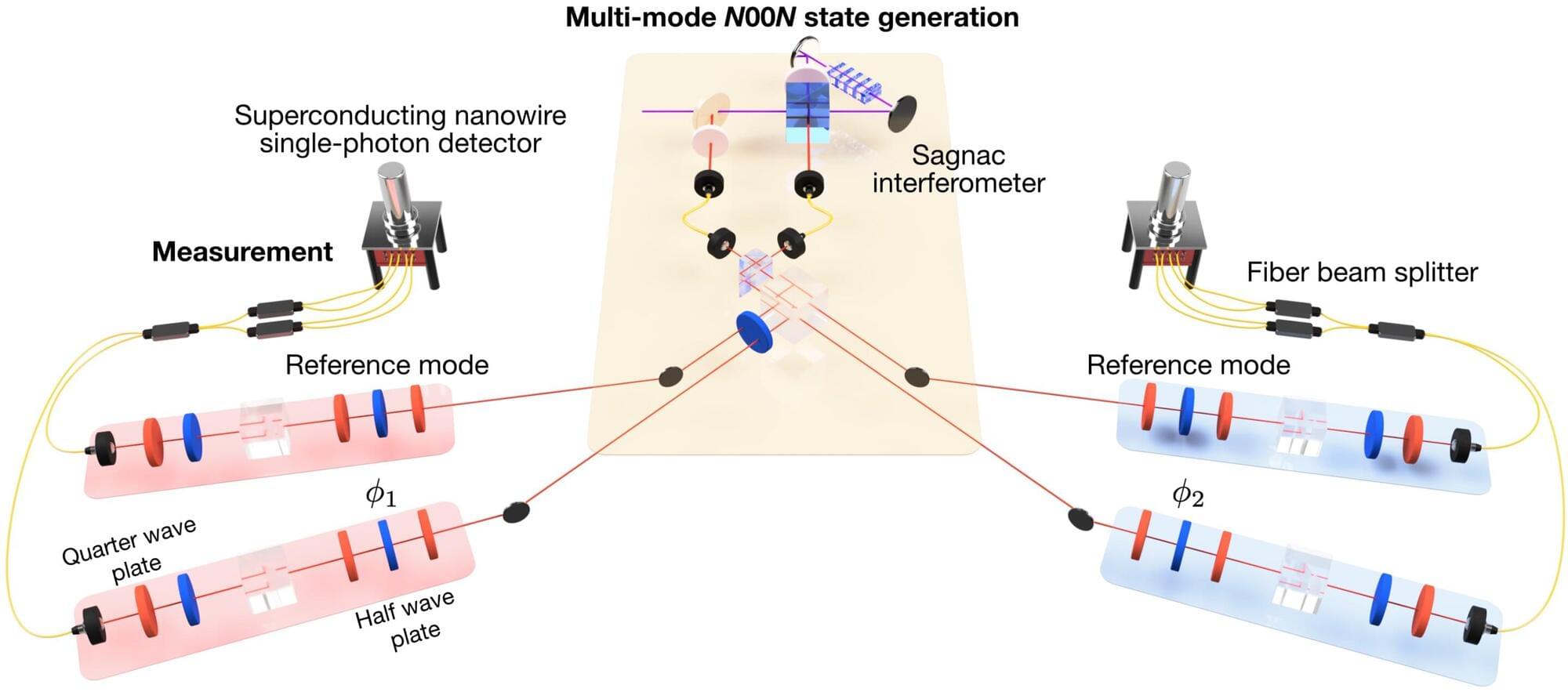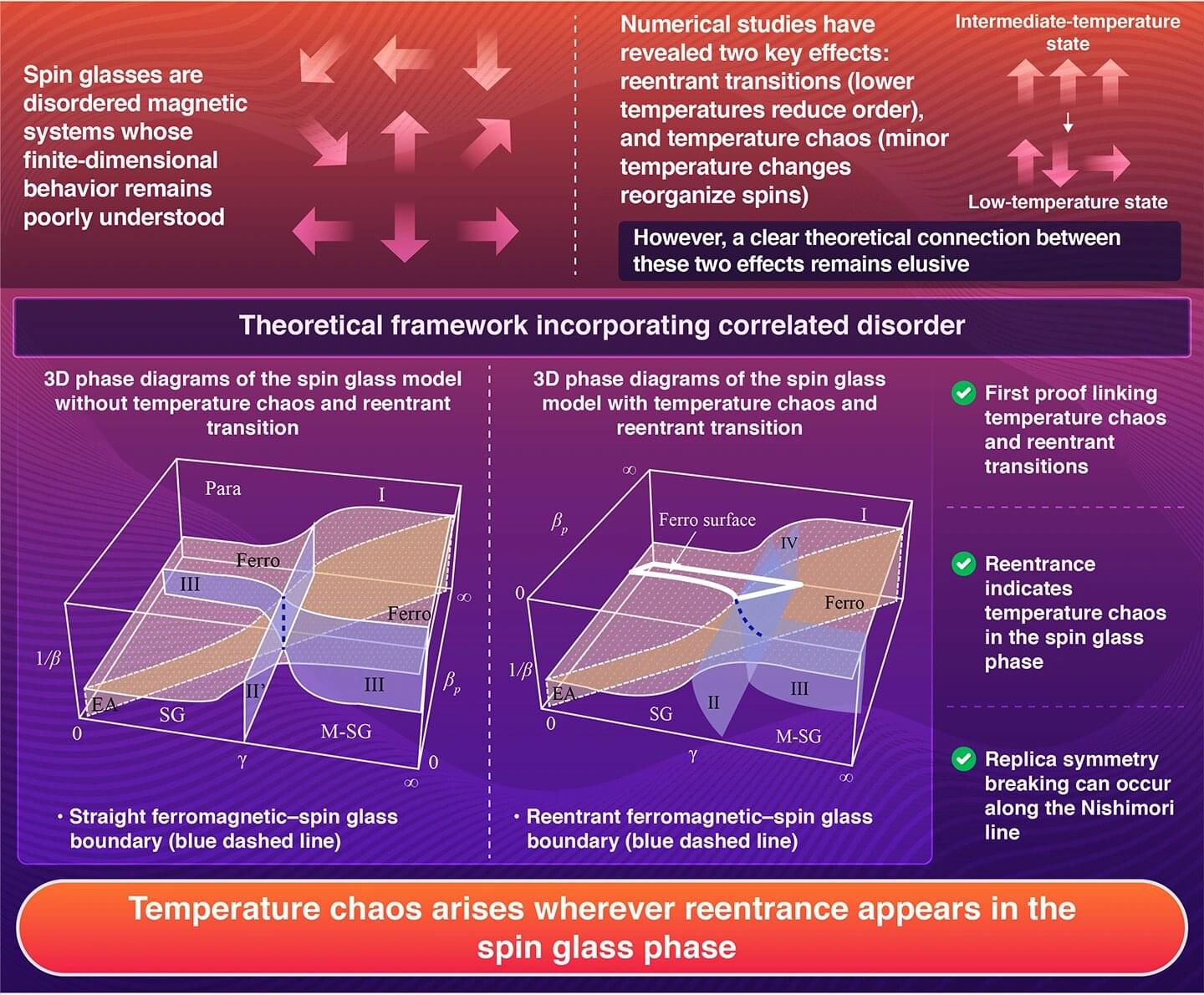Researchers from UNIST, Seoul National University (SNU), and POSTECH have made a significant breakthrough in understanding the degradation mechanisms of all-solid-state batteries (ASSBs), a promising technology for next-generation electric vehicles and large-scale energy storage.
Jointly led by Professor Donghyuk Kim at UNIST’s School of Energy and Chemical Engineering, Professor Sung-Kyun Jung at SNU’s School of Transdisciplinary Innovations, and Professor Jihyun Hong from POSTECH, their study reveals that interfacial chemical reactions play a critical role in structural damage and performance decline in sulfide-based ASSBs. The findings are published in Nature Communications.
Unlike conventional lithium-ion batteries that rely on flammable liquid electrolytes, ASSBs use non-flammable solid electrolytes, offering enhanced safety and higher energy density. However, challenges such as interface instability and microstructural deterioration have impeded their commercialization. Until now, the detailed understanding of how these phenomena occur has remained limited.
